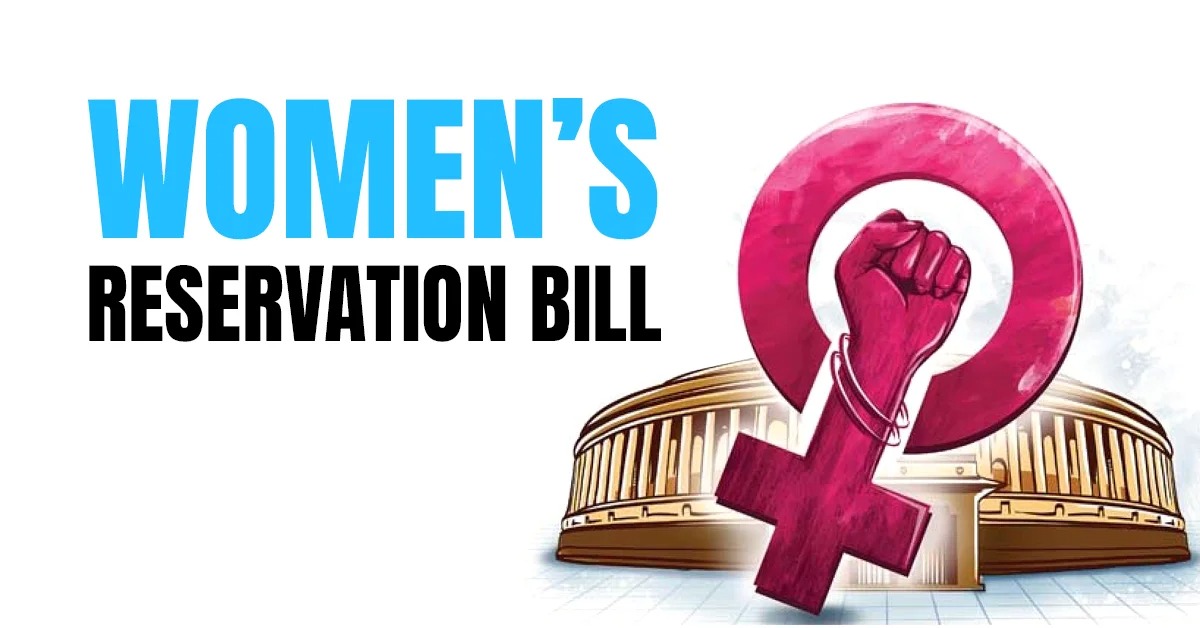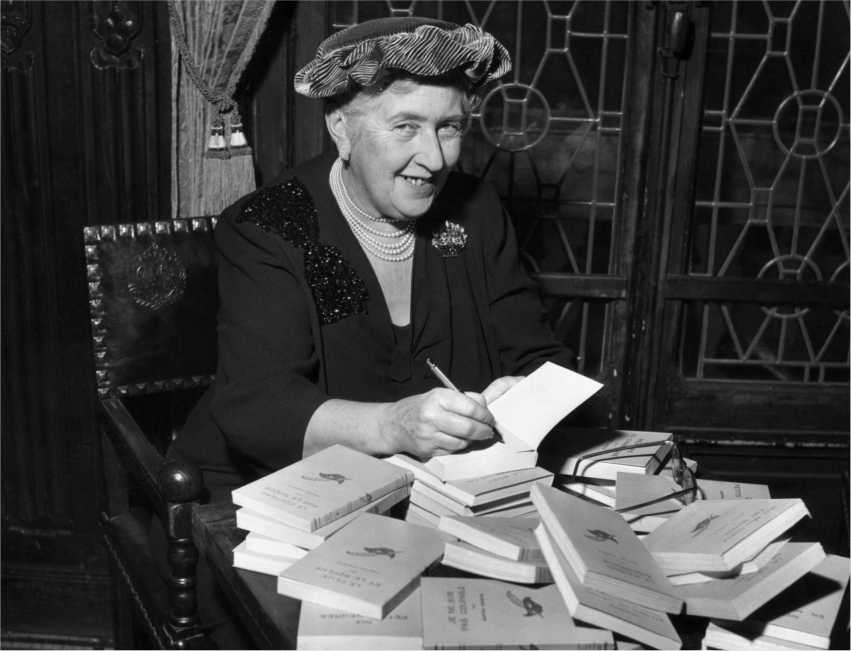A historic leap towards gender equality in Indian politics

- Varda Sharma
- 20 Sep, 2023
It took 27 long years, but India's Lok Sabha has finally passed a historic bill that could transform the political landscape of the country. The Constitution (One Hundred and Twenty Eighth) Bill 2023, which seeks to provide one-third reservation to women in the Lok Sabha and State Assemblies, is a momentous step towards achieving gender equality in Indian politics. As this bill now heads to the Rajya Sabha for consideration, it is essential to reflect on the significance of this legislation and the challenges it faces.
This landmark bill, aimed at empowering women in the political sphere, received overwhelming support in the Lok Sabha, with 454 members in favour. Only two members of the All India Majlis-E-Ittehadul Muslimeen, opposed it. The requirement of a "two-thirds majority of the members present and voting" was easily met, demonstrating a strong bipartisan consensus on this crucial issue.
The journey towards this achievement was not without its challenges. An eight-hour-long debate in the Lok Sabha witnessed members from both the Treasury and Opposition benches engaging in a battle over who should receive credit for the bill and whether there should be a separate quota for women from other backward classes (OBCs).
Home Minister Amit Shah assured the House that the government would address any shortcomings in the future. He called on the Opposition to support the bill, emphasizing that reservation for women would be guaranteed.
However, the Congress party, which had initially advocated for the bill in 2010, took a different stance this time. Congress leader Sonia Gandhi, in her capacity as the first speaker in the debate, demanded a separate quota within the quota for OBCs. She argued for immediate implementation of the bill without waiting for the frozen delimitation exercise to conclude in 2026. Gandhi's call for immediate action, while pushing for the inclusion of SC, ST, and OBC women, represents a significant shift in her party's position.
The debate also saw the BJP defending its credentials as a party committed to the welfare of OBCs. Home Minister Amit Shah highlighted that the BJP not only had the highest number of OBC lawmakers but also a Prime Minister, Narendra Modi, from the same community. He provided statistics to underline the BJP's representation of OBCs in the political spectrum, aiming to counter the demand for a separate OBC quota within the women's reservation.
One of the key arguments against immediate implementation was the need for the Delimitation Commission to decide, through public consultation, which seats should be reserved. Law Minister Arjun Ram Meghwal argued that immediate reservation might face legal challenges, emphasizing the importance of avoiding technicalities that could derail the bill's progress. The intention is clear: ensure the bill's smooth passage and subsequent implementation without legal hurdles.
It is heartening to see that the Lok Sabha debate was marked by the active participation of women MPs, with 27 of them contributing to the discussion. This reflects the increasing presence and influence of women in Indian politics. However, the prolonged voting process, which relied on manual voting with paper slips due to technicalities related to electronic voting, underscores the need for modernizing parliamentary procedures.
As the bill advances to the Rajya Sabha and potentially awaits approval from half of the states, it faces further scrutiny and debate. This is expected, given the transformative nature of the proposed legislation. It is essential that lawmakers across party lines recognize the urgency of this issue and put aside partisan differences in the interest of gender equality and the empowerment of women in politics.
India's political landscape has been long overdue for such a progressive change. The passage of the women's reservation bill in the Lok Sabha marks a historic moment, signalling India's commitment to ensuring greater participation of women in the political process. It is now incumbent upon the Rajya Sabha and state legislatures to rise to the occasion and make this visionary bill a reality. India's democracy can only truly flourish when it reflects the diverse voices and perspectives of its entire population, including women.




